Andrew Shaffer : Cornbread
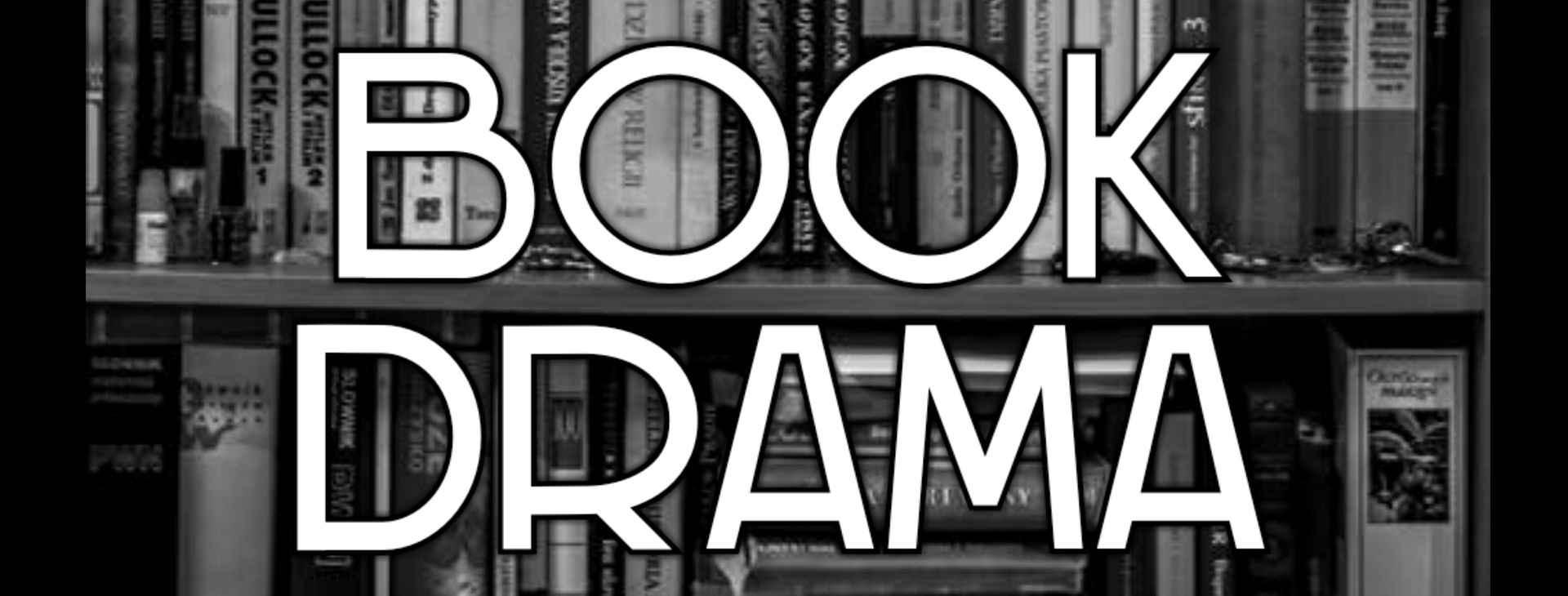
December 4, 2020
.
.
During a pitching contest on Twitter, someone pitched a memoirs at least a fictionalized version of true events. The book would center a White kid who for reasons associates more with Black people and develops a "Black" personal name Cornbread. 🤷🏻♀️
Various people either found this offensive, or at least badly timed considering the heightened racial problems going on in the States.
To this... author Andrew Shaffer steps in... and doubles down...
.
.
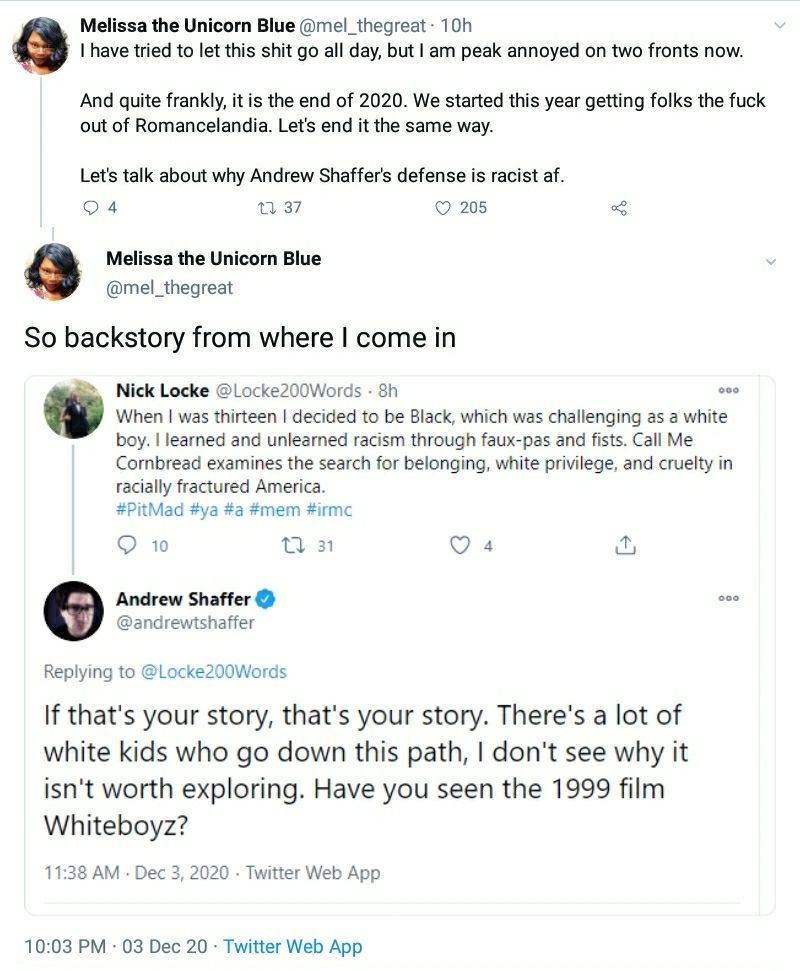
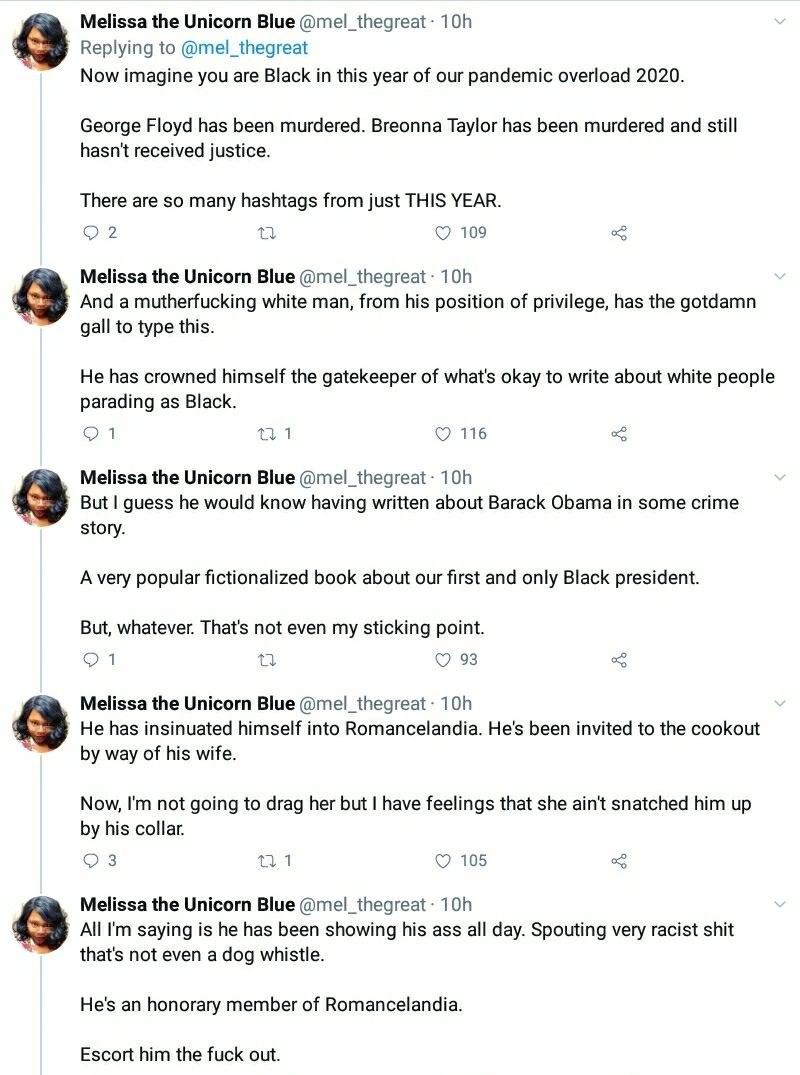
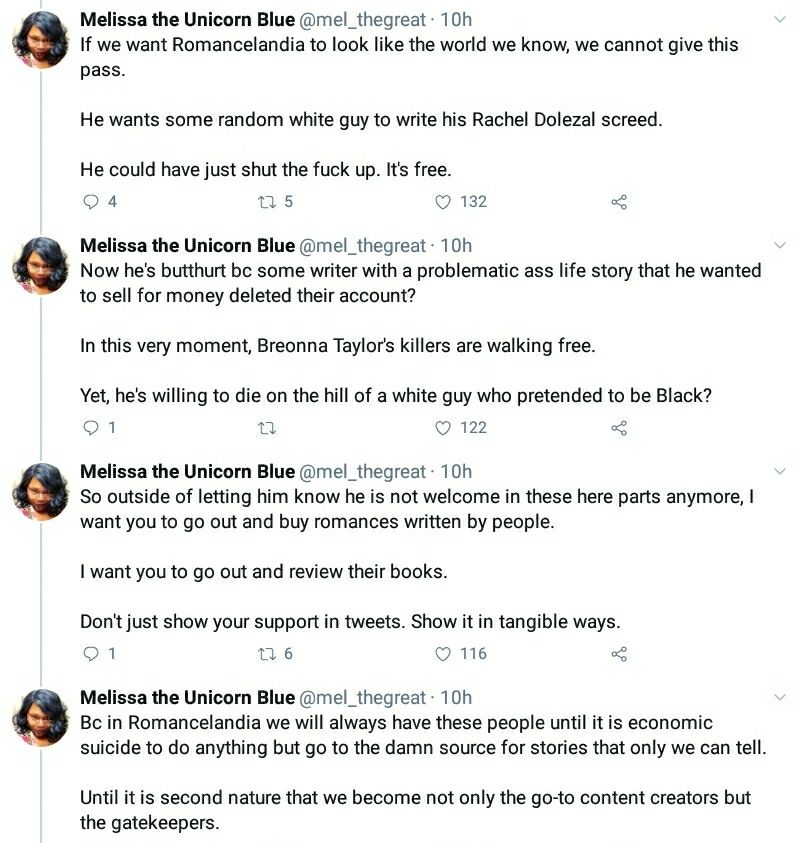
.
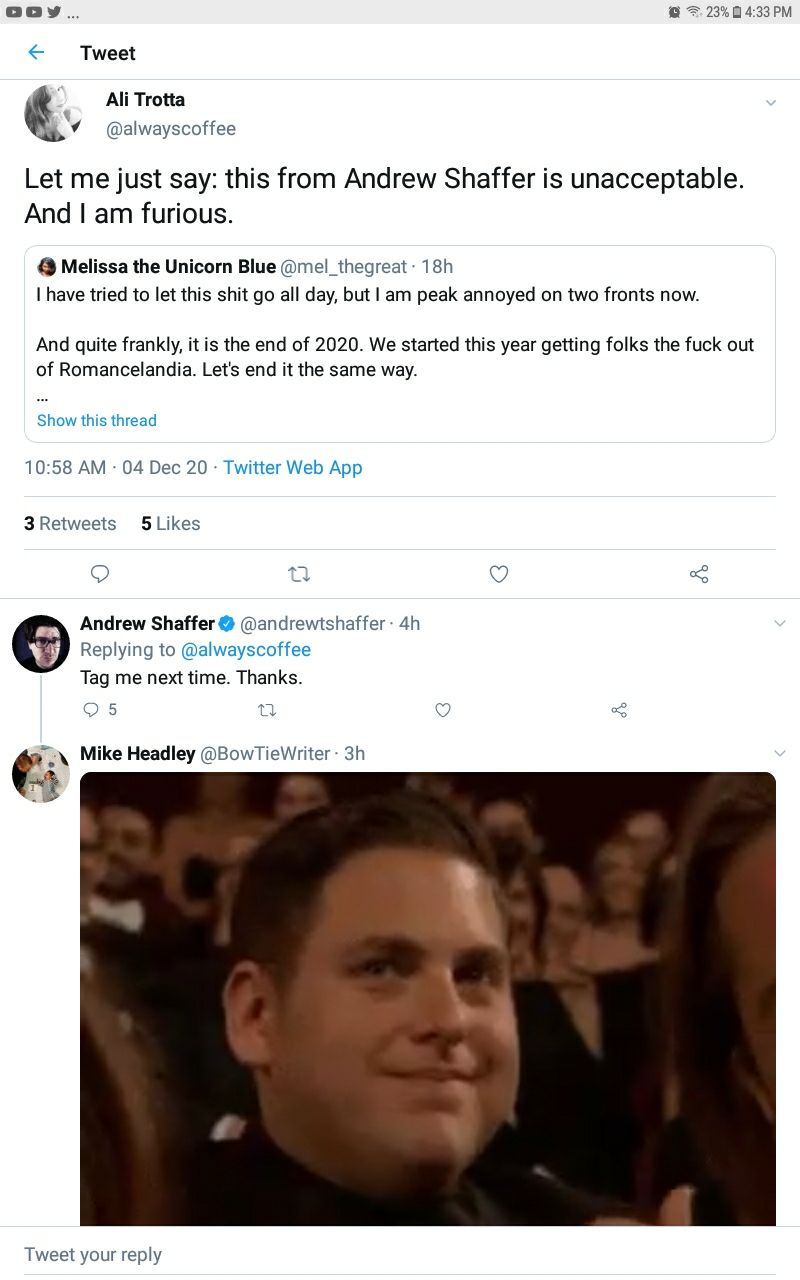
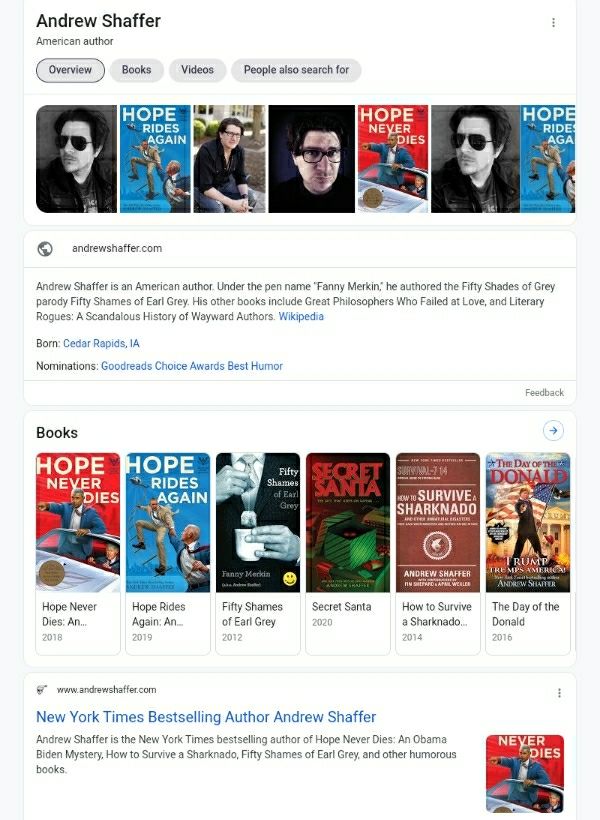
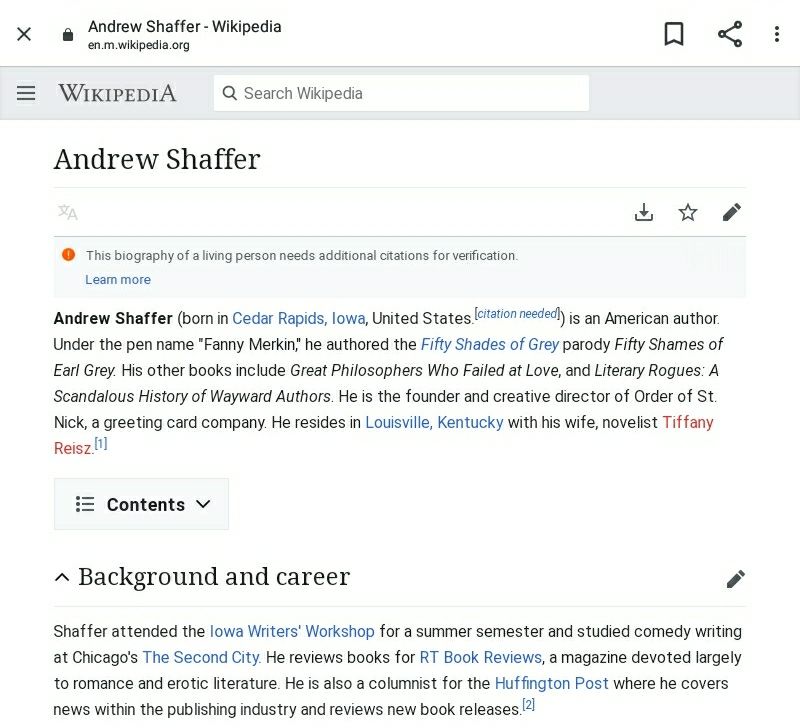
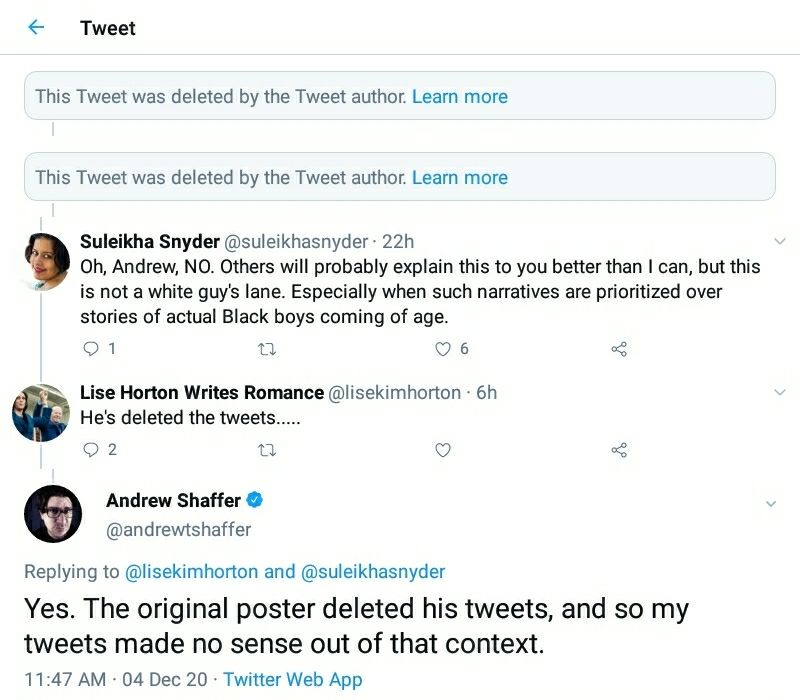
.
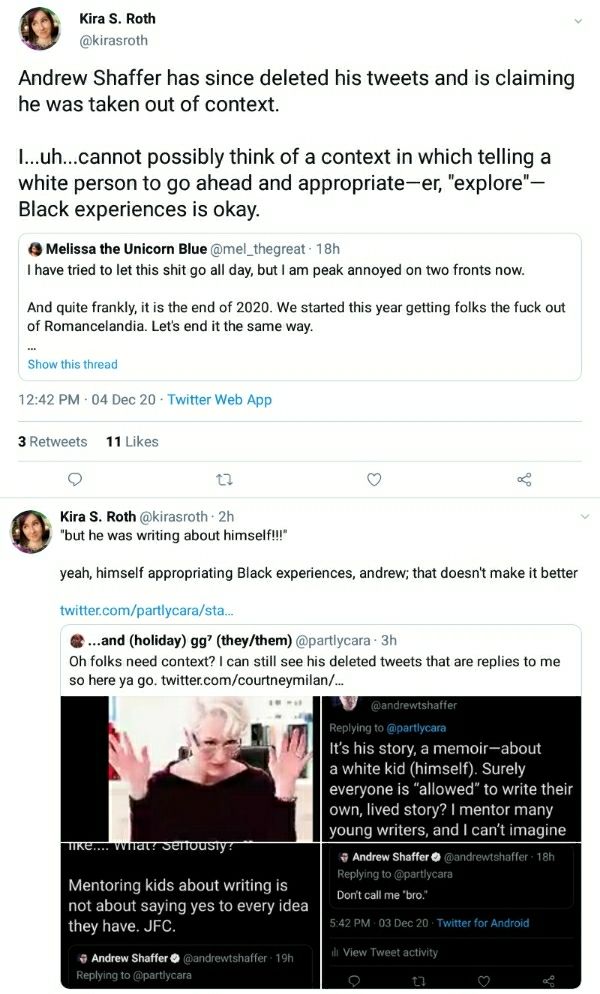
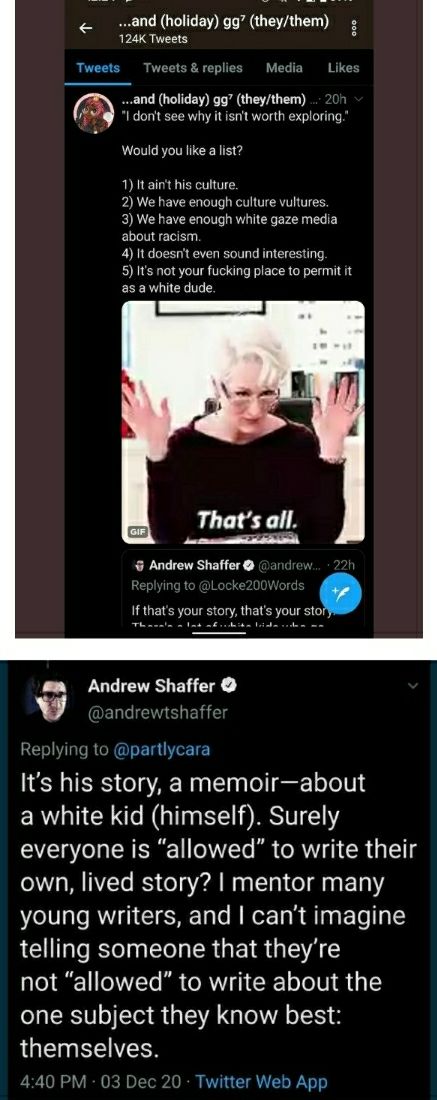
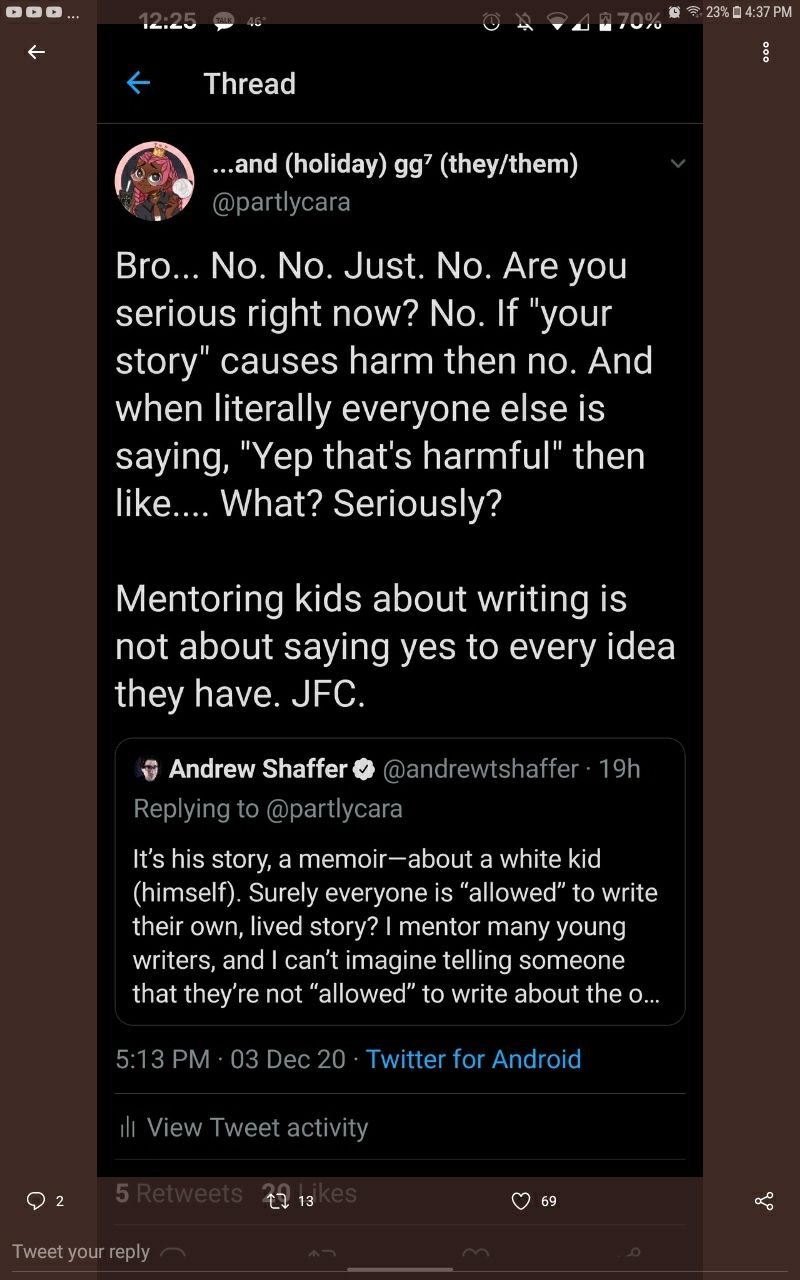
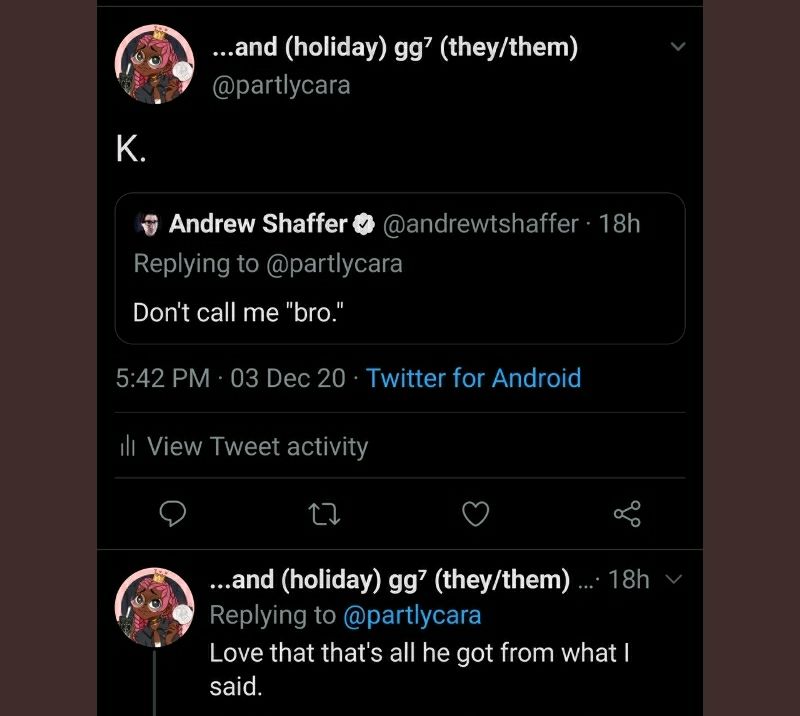
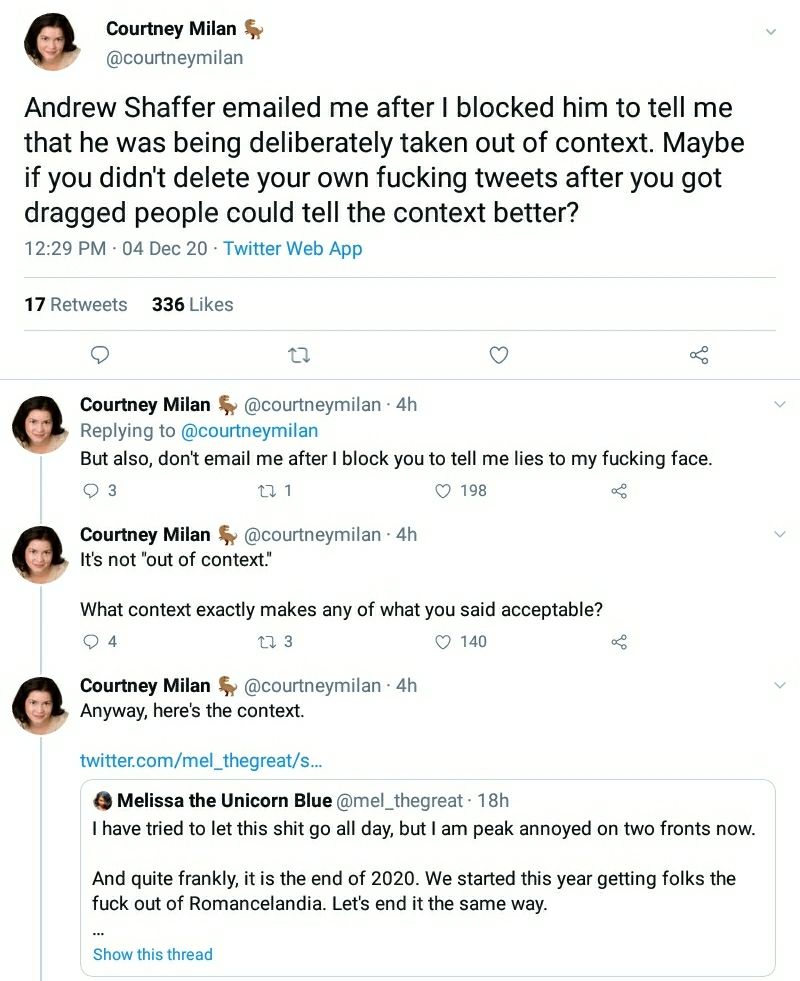
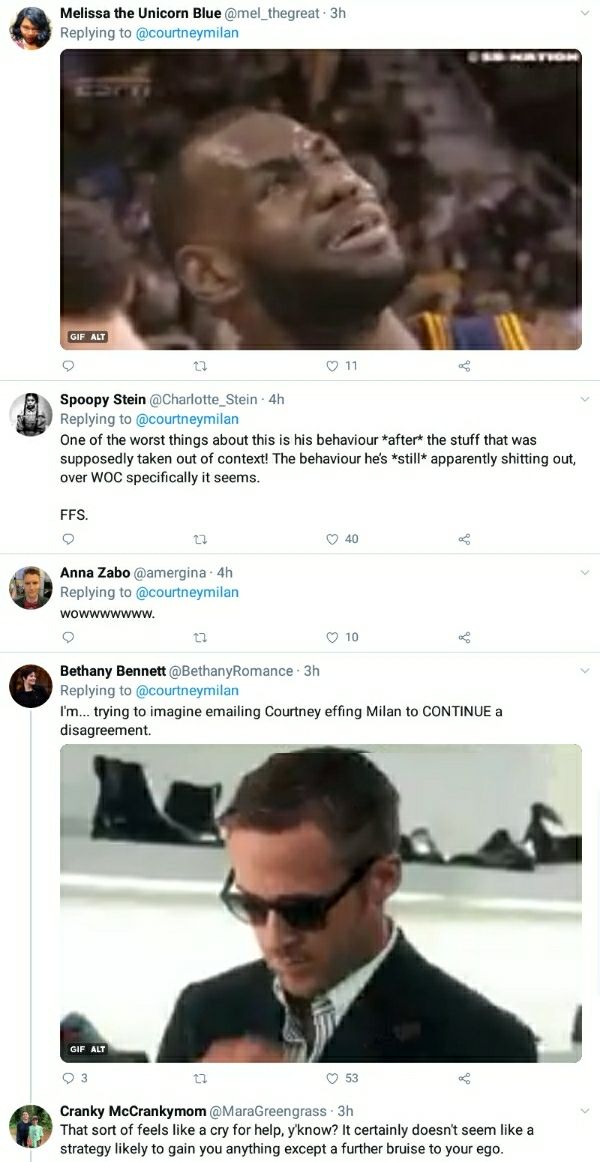
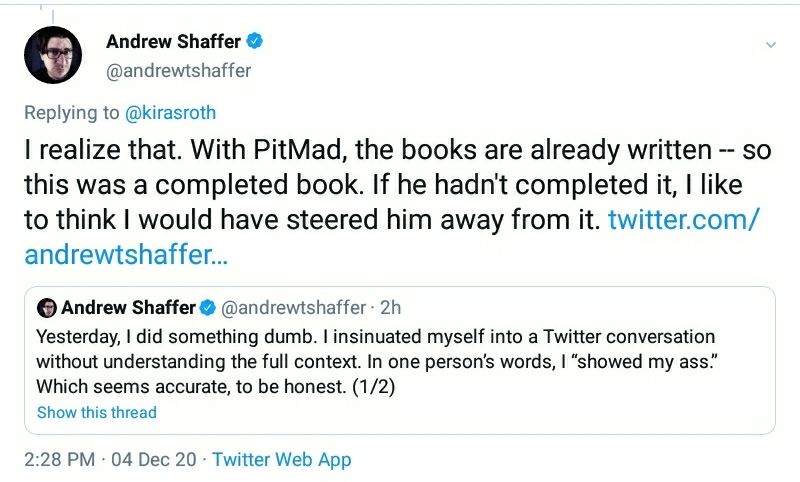
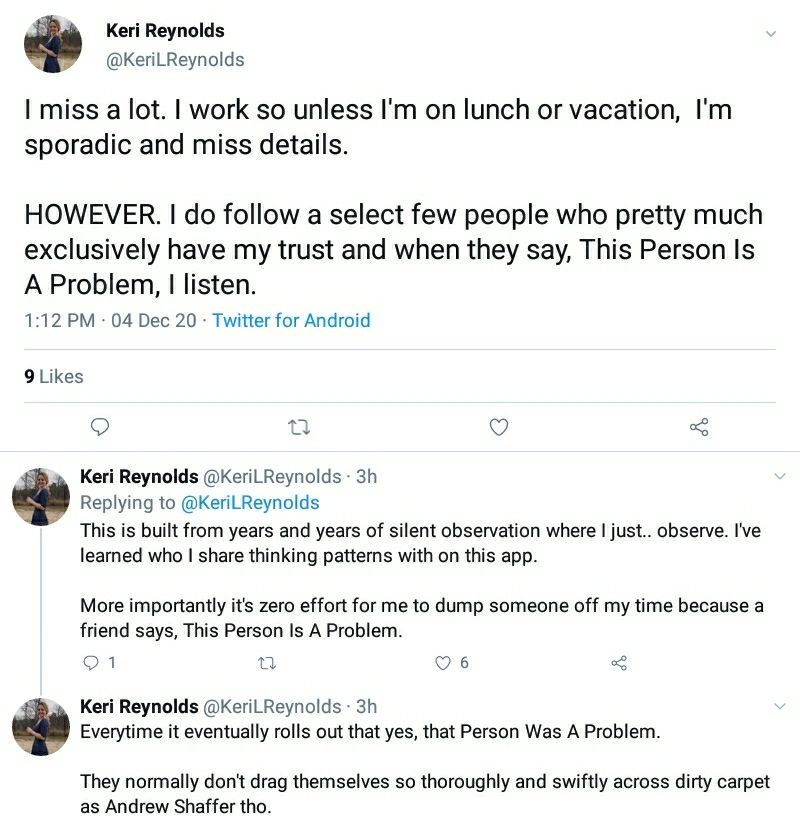
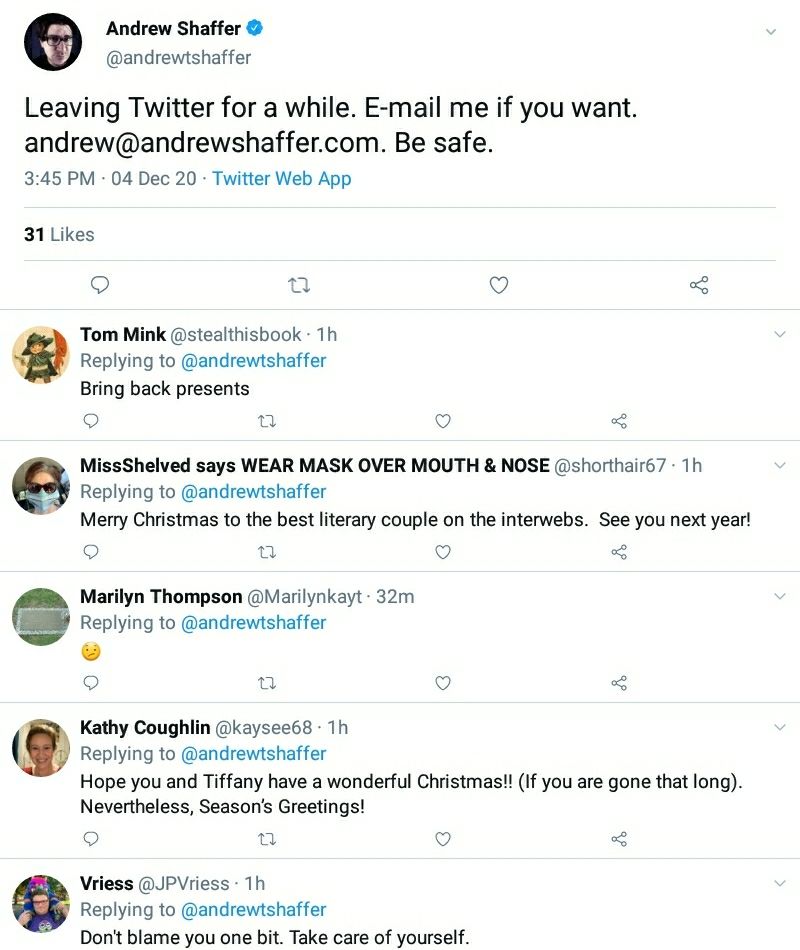
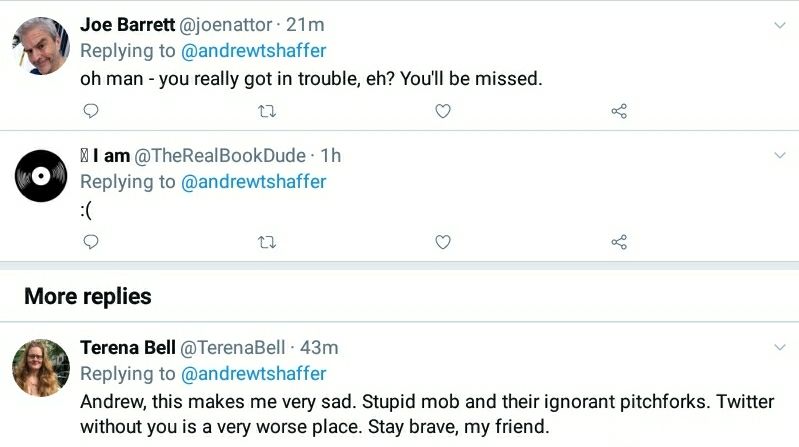
.
.
There is nothing inherently wrong with writing outside of your race, religion, sex, gender, preference, type, class, culture, nationality, etc etc. There is nothing inherently wrong with writing about a kid who relates more to another group.
But, there needs to be sensitivity.
How and WHEN something is written is also important.
We do not write in a vacuum.
An easy and clear example of this sensitivity are the movies 'Spiderman' with Tobey Maguire (2002) and 'Zoolander' (2001) with Ben Stiller. These movies takes place in New York city right after the events of 9/11 (2001). The USA, & the world, was in mourning, so, to be sensative, even though it would cost them time and money, the creators decided to remove any shots that had included the Twin Towers.
[AP - How movies handles the Twin Towers after 9/11]
Tone, style, setup, quality, sensativity can make a big difference on how content is presented.
Ask yourself, are YOU the one who should be telling this story? Is it the right time for this story? Am I at the writing level I need to be to properly handle this subject matter in a nuanced and respectful way? Have I done my research? Can this story wait to be told later?
'Zoolander' is a very silly film & I think we can agree Ben Stilled & his people chose wisely in not showing the Twin Towers. Not only because it could potentially diminish the tragedy of what happened, but because it can also alter the feelings intended at that moment in the film.
Context can affect your story. Context can change the lesson, tone, feelings you intended. You want your book to be taken in by the audience in the way you intended and not altered by circumstances.
We read many classics now and wonder why THESE books became classics? Why did they resound so well with audiences? Etc. Many times it's because of WHEN they came out.
'Little Women' (Louisa May Alcott, 1868) post Civil War.
'The Great Gatsby' (F Scott Fitzgerald, 1925) a result of the Roaring 20s, post WWI, the excesses of the pre-Stock Market crash of 1929.
'Black Company' (Glen Cook, 1984) contextualizing the Vietnam War, creating the Grim Dark subgenre.
You pair the tonight book at the right time and you get Angie Thomas rocking the New York Times Best Sellers List for months and months with 'The Hate You Give'. (Racial strife/police brutality)
'Twilight' readability benefited from the culture of purity of the early 2000s and the lack of teen centered content.
The Capitol Riots on January 6, 2021 changes the context in which we view movies like 'Olympus Has Fallen' (2013) & 'White House Down' (2013), that once made fictional sense in the heightened patriotism, awareness, and security post 9/11.
.
.
.
So... whatever you do, make sure it's conscious decision and not a mistake born out of arrogance and ignorance.
.
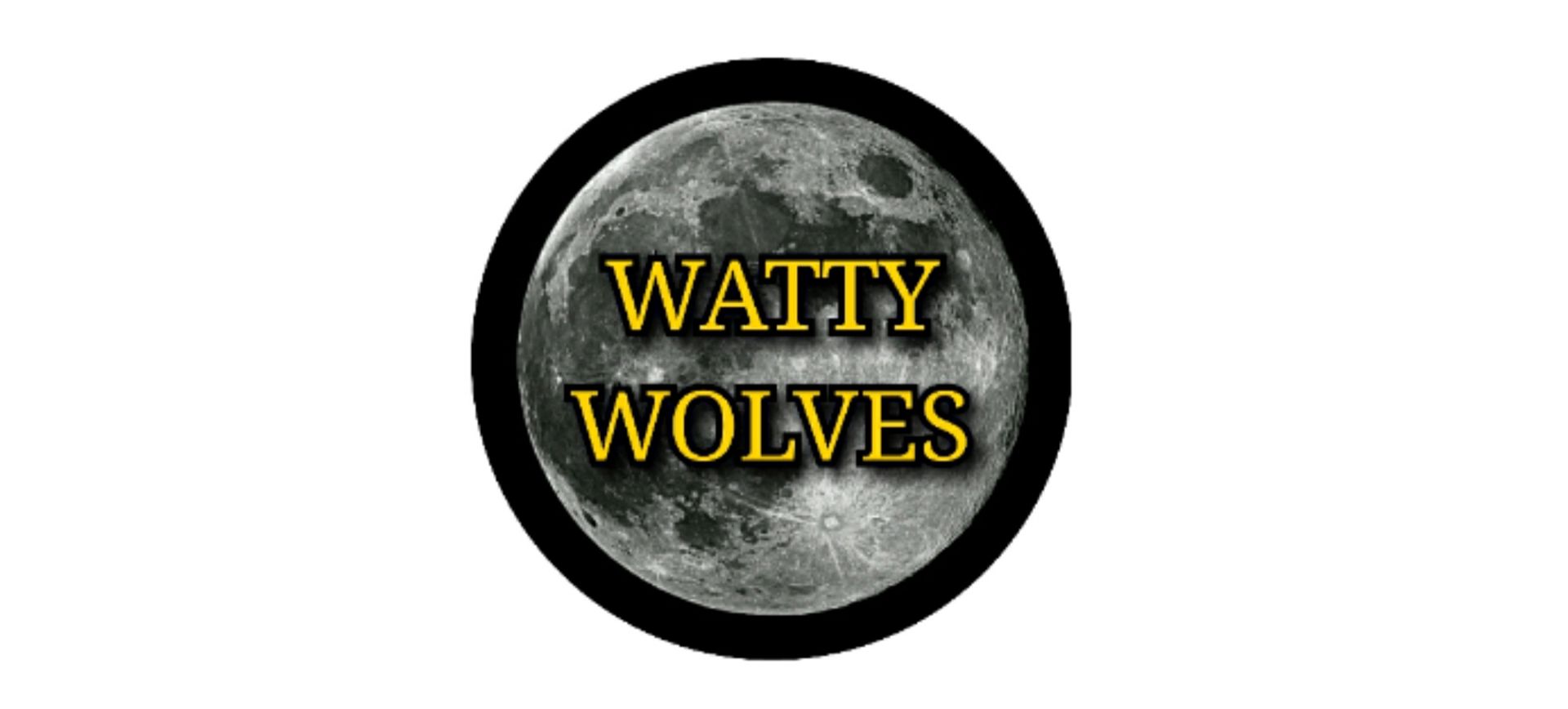
Bạn đang đọc truyện trên: AzTruyen.Top